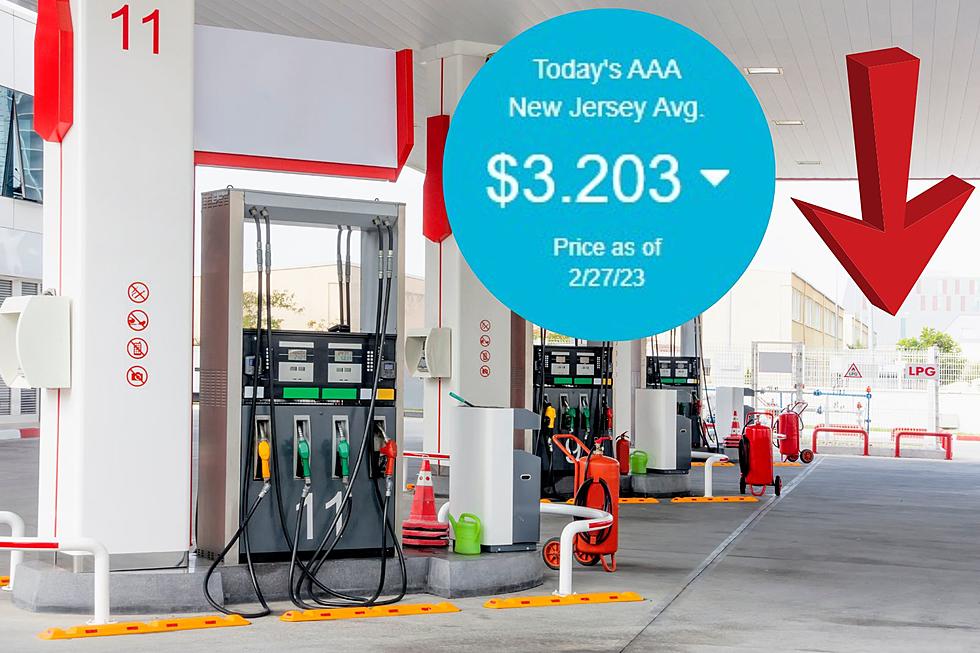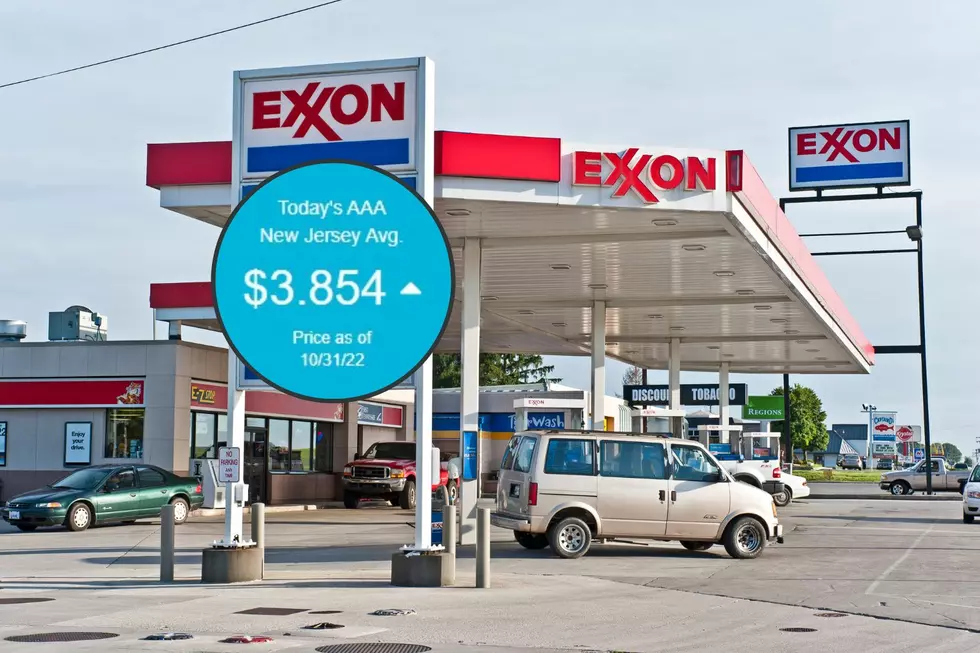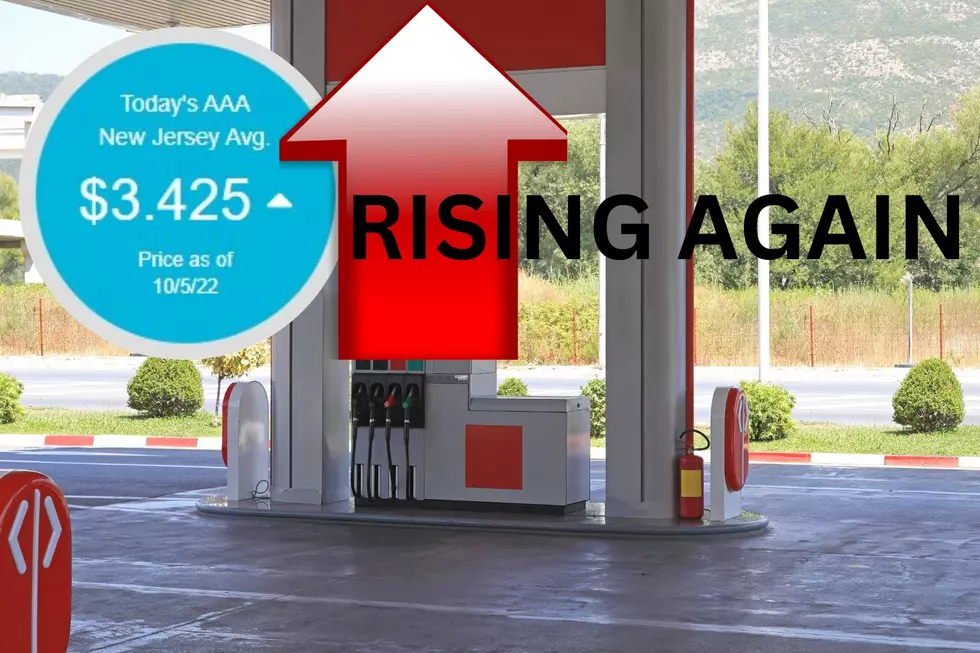![Can The President Lower Pump Prices? [POLL/AUDIO]](http://townsquare.media/site/564/files/2012/10/Prez-Gas.jpg?w=980&q=75)
Can The President Lower Pump Prices? [POLL/AUDIO]
It's an issue during nearly every presidential election. What can the chief executive do to lower gas prices? The answer is, unfortunately, not much.
When you see a spike at the pump you immediately look to blame the government. Oil analysts say there is little a president can do to lower gas prices.
"For the past few presidents, prices have pursued a path that has been independent of public policy," said Tom Kloza, at the Oil Price Information Service in Wall Township.
He says the price you pay at the pump is set daily by market forces behind our control around the globe.
"I think the things a president can do is using the strategic petroleum reserve or working to improve mileage standards."
He says global demand in China and India has kept gas prices high but more production of crude oil in the Northeast has helped keep prices from rising even more.
"If you really want to find the culprit for higher oil prices in general, you have to look at countries around the globe and they are starting to move out of poverty and into the middle-class and when you move into the middle-class you need oil for industry, agriculture, mining, transportation, for all sorts of different things," said Kloza.
Kloza says the U.S. government doesn't really matter when it comes to gas prices and history proves that.
Pump prices were about $1.20 a gallon in 2002 and spiked to nearly $4 a gallon before George H.W. Bush left office in 2009. After Obama took office prices started to rise again but are still lower than the 2009 peak.
"The good news for whoever wins the Election is that they will see lower prices almost immediately due the change in season...and we're talking at least 10 to 15 cents lower" said Kloza.
The average price for a gallon of regular is $3.66, thirty cents higher than a year ago.
More From WPG Talk Radio 95.5 FM










